If you or someone close to you is struggling with addiction, you might notice behavioral changes that don’t seem to reverse themselves, problems with memory, and behavioral traits that might not make any sense.
You or someone in your family may have tried to stop an addiction but, during the withdrawal phase, reverted.
The Science Behind Addiction
The science behind addiction stipulates that drugs and alcohol change the size, shape, and function of several parts of the brain. This can result in behavioral and cognitive problems that are outside of someone’s control. It’s not something as simple as choosing to act a certain way, but rather, it’s something that is forced upon an individual with addiction because of the changes to their brain.
The Science Behind Withdrawal
You may have experienced yourself or noticed someone close to you trying to get clean, but no matter how hard that attempt was, it never seemed to stick. The science behind withdrawal stipulates that once an addiction is formed, certain changes to the body or brain might demand actions that lead to ongoing substance abuse.
For example, certain drugs can change the body’s natural production of dopamine, a neurochemical that is distributed in response to behaviors like eating healthy meals, exercising, or having sex. Drugs release a higher-than-normal amount and prevent the body from reabsorbing the dopamine once it is released. This means that an individual who is trying to get clean won’t be able to experience dopamine or similar pain-controlling neurotransmitters.
This disruption can be so severe that the cravings force them to revert back to drug and alcohol abuse just so they can feel normal.
How Peninsula Health Center Can Address Causes of Addiction
At our facility, we understand the science behind addiction and, more importantly, the need for personalized care. Each individual struggles with addiction differently, and that’s why we incorporate holistic treatment into our programs with services based on personal needs.
Outpatient Programs
A client struggling with a mild addiction might benefit the most from at-home detox services.
However, treatments such as medication-assisted treatment are not standalone solutions. They do not address any underlying problems that may have contributed to addiction. These problems can include:
- Lifestyle issues
- Relationships
- Spiritual challenges
- PTSD
- Mental health conditions
Outpatient programs like partial hospitalization programs, intensive outpatient programs, and traditional outpatient programs provide an opportunity to participate in several forms of holistic and evidence-based talk therapy.
Talk therapy, like cognitive behavioral therapy, might help you identify negative automatic thoughts and, after a series of sessions and homework assignments, the origin of those negative automatic thoughts.
For example:
Jonathan has chronic pain problems in his back. He has always had problems, particularly in his upper back. Doctors were unable to find a reason for his pain, but he was given prescriptions for pain medications nonetheless. Eventually, he developed an addiction.
With outpatient programs that incorporated talk therapy, Jonathan was able to uncover the fact that most of his chronic pain resulted from never standing up straight or holding his shoulders back where they should be. But the reason for that went even deeper: when Jonathan was growing up, his blue-collar father would regularly remark that only arrogant, snooty upper-class people would stand up straight and that hardworking people should know better and should never want to stand up straight like the class of people his father considered to be bad.
By uncovering this systemic negative belief, Jonathan was able to reverse his thinking about standing up straight, doing so on a daily basis, strengthening his back muscles, and doing away with his chronic pain. He was also able to overcome his addiction to painkillers.
Dual Diagnosis
A client who is struggling with co-occurring mental health disorders and addiction would benefit most from our Southern California dual diagnosis treatment center where we address the multifaceted causes of addiction for that individual.
Our facility understands that there are several causes of addiction, and many of them can be related to mental health disorders. That is why we offer dual diagnosis services to treat co-occurring mental health and addiction. When mental health disorders are rooted in trauma, clients benefit the most from trauma-informed care.
Peninsula Health Center Can Help
Overall, there are many causes of addiction. The science behind addiction and the science behind withdrawal may not be easily understood by everyone, but they are certainly understood by the professionals at Peninsula Health Center who work hard to offer personalized care based on each individual’s causes of addiction.If you are ready for help, contact Peninsula Health Center today to schedule a free assessment.





